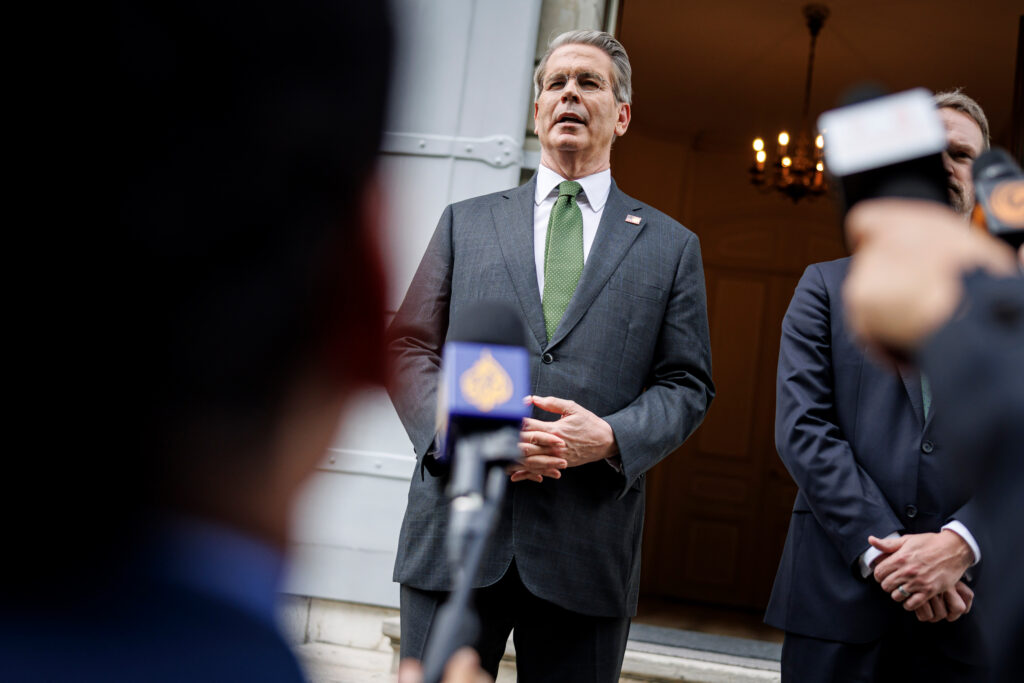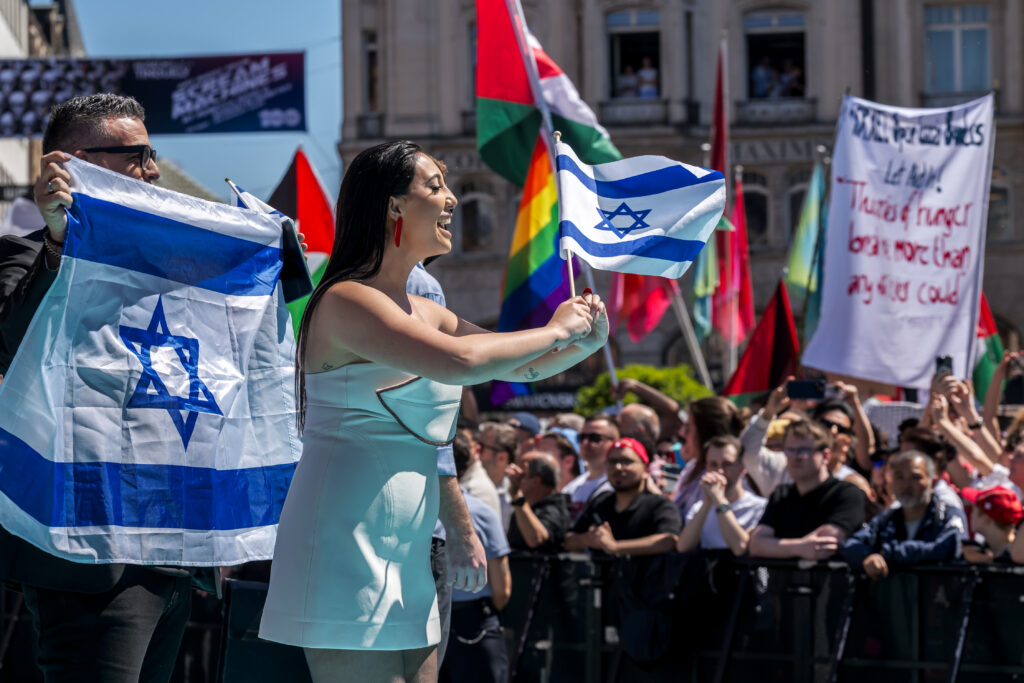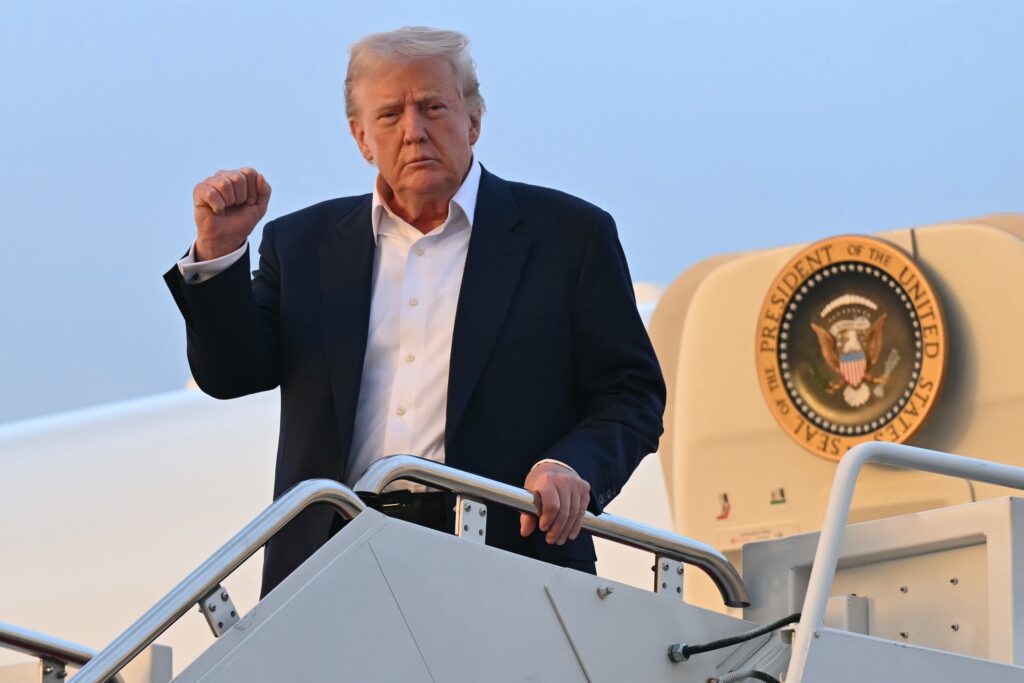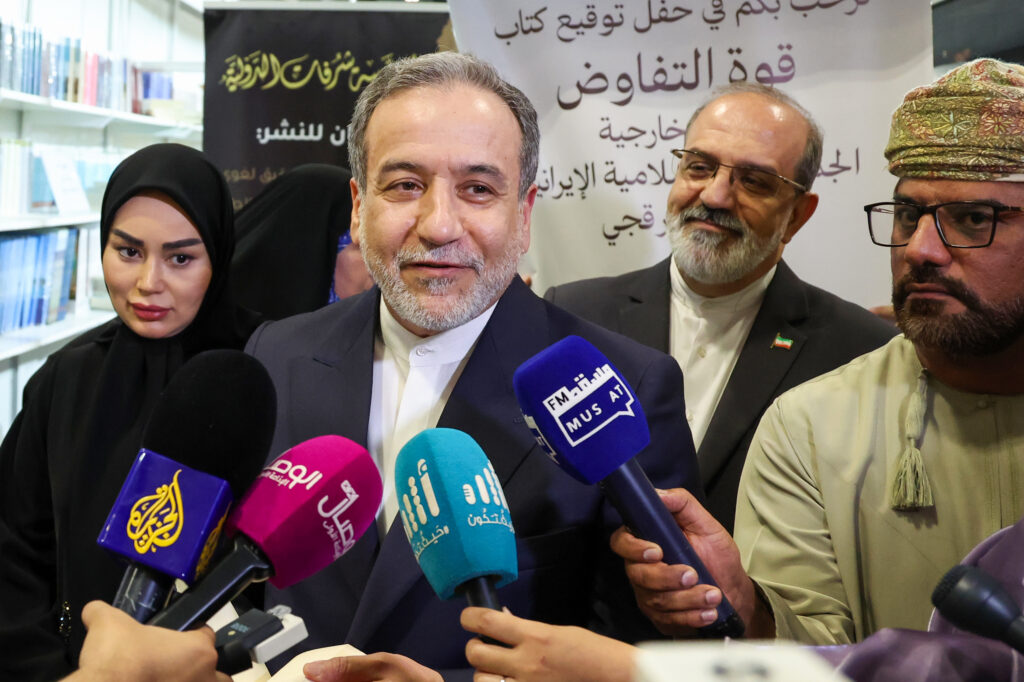Iran and the United States wrapped up nuclear talks in Oman on Sunday with no apparent breakthrough in a public standoff over enrichment, but with both sides confirming plans for future negotiations.This was the fourth round of talks that began nearly a month ago, marking the highest-level contact between the two foes since Washington withdrew in 2018 from a landmark nuclear deal, during President Donald Trump’s first term.Both sides had reported progress in the previous three rounds, and on Sunday Iran said the meeting was “difficult but useful” while a senior US official said Washington was “encouraged”.The official, speaking on condition of anonymity, said Washington was “encouraged by today’s outcome and look forward to our next meeting, which will happen in the near future”, without specifying when.In a post on X, Iran’s foreign ministry spokesman Esmaeil Baqaei said that the “next round will be coordinated and announced by Oman”, which in turn said “the talks will take place once both parties… consult their leaderships”.According to the US official, the talks Sunday were “both direct and indirect, and lasted over three hours”.”Agreement was reached to move forward” and “continue working through technical elements”, the official added.Baqaei had earlier said negotiators would push for relief from US sanctions.Iran entered the talks saying that its right to maintain uranium enrichment was “non-negotiable”, while Washington’s chief negotiator Steve Witkoff has called it a “red line”.Following the talks, Foreign Minister Abbas Araghchi, who led Tehran’s delegation, reiterated Iran’s stance on enrichment, saying it “must continue and there is no room for compromise on it”.He noted the latest meeting was “more serious” than previous rounds, telling Iranian state TV that Tehran may be open to limit the rate of enrichment “to help build trust”.- ‘Useful ideas’ -The talks come amid a flurry of diplomatic activity in the region, with US President Trump heading to the Gulf next week, and Araghchi just back from Saudi Arabia and Qatar — two stops on Trump’s first major foreign tour.Iran’s top diplomat is set to visit Monday the United Arab Emirates — another planned stop on Trump’s tour — for talks with senior officials, the foreign ministry said.Omani Foreign Minister Badr Albusaidi said the talks on Sunday “included useful and original ideas reflecting a shared wish to reach an honourable agreement”.Western countries, including the United States, have long accused Iran of seeking to acquire nuclear weapons, while Tehran insists that its nuclear programme is for peaceful purposes.Iran currently enriches uranium to 60 percent purity — far above the 3.67-percent limit set in the 2015 deal with Washington and other world powers, but below the 90 percent needed for weapons-grade material.Witkoff, Trump’s Middle East envoy, said in a Friday interview that Iran’s “enrichment facilities have to be dismantled”.”That’s our red line. No enrichment,” he told US right-wing outlet Breitbart News, after initially suggesting flexibility on Tehran maintaining low-level enrichment of uranium for civilian purposes.On Sunday, Iran’s President Masoud Pezeshkian said calls to dismantle Tehran’s nuclear facilities were “unacceptable”.”Iran will not give up its peaceful nuclear rights under any circumstances and will not back down from its rights in the face of pressure,” he said.- ‘World’s most dangerous weapon’ -Iran adhered to the 2015 nuclear agreement with world powers for a year after Washington’s withdrawal, before beginning to roll back its compliance.Since returning to office in January, Trump has revived his “maximum pressure” approach against Tehran, while backing nuclear diplomacy but warning of potential military action if it fails.The talks are taking place amid renewed scrutiny of key aspects of Tehran’s nuclear programme, particularly its stockpile of enriched uranium and the pace of its enrichment activities.European governments are weighing whether to trigger the “snapback” mechanism under the 2015 deal, which would reinstate UN sanctions in response to Iranian non-compliance — an option that expires in October.Araghchi, in an article published on Sunday by French weekly Le Point, warned against a “strategy of confrontation”.Israel, which opposes the negotiations its close ally the United States has conducted with regional foe Iran, said Tehran must not be allowed to obtain nuclear weapons.”Iran is the most dangerous state in the world” and “must not be allowed to obtain the world’s most dangerous weapon,” said Israeli Foreign Minister Gideon Saar.Israel is the Middle East’s only — if undeclared — nuclear-armed state.





